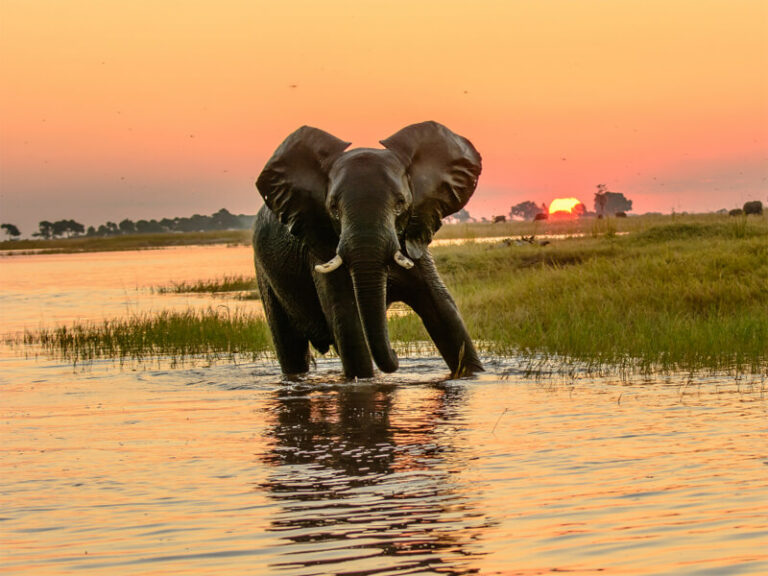Hunting in Africa is an opportunity no hunter wants to miss out on, and whether you’re a game hunting beginner or a seasoned veteran, it helps to have a “lay of the land” when planning an Africa hunting trip.
Hunting trips in Africa have various destinations with many species on offer. Regardless of where you find yourself, you must know the varied rules relating to regulations, permits, and requirements for traveling to, in, and around Africa. Read further to learn about what makes an African hunting adventure so great, as well as some tips to make it even more memorable!
[DYNAMIC-BLOGTABLEOFCONTENT]
Game Hunting Destinations And Species
Africa is home to 54 countries, and there are more than a few choices when finding a game hunting destination suited to your needs and trophy wish list! Some countries offer a broad range of hunting animals alongside species that are endemic to their region. Needless to say, you’ll find what you’re looking for when game hunting in Africa!
South Africa
The southernmost country on the African continent is made up of 9 provinces and offers a diverse range of both environment and animals. Within its borders, you’ll find forest, desert, mountain, and swamp-like terrain. Whether you’re looking for the Big 5 or African plains game, South Africa has something to offer everyone from beginners to masters. With a year-round hunting season, you can plan as best suits you.
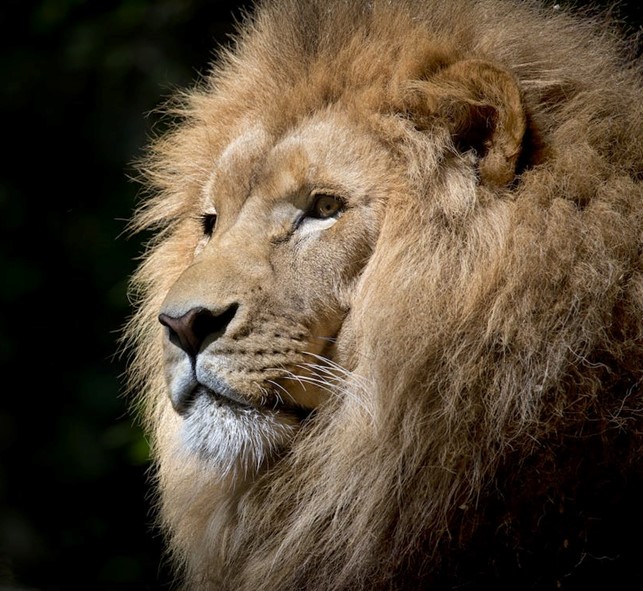
Tanzania
This premier destination for hunting trips in Africa generates the second-highest earnings from sport hunting adventures. Offering both African plains game hunting and big game hunting opportunities in some of the best hunting reserves, Tanzania is certainly worth its high price tag. Most hunting activity takes place in the Masailand and Selous Game Reserves.
Zimbabwe
Despite the financial struggles this country has faced, its game hunting and safari industry has resiliently persevered. It now offers both big game and African plains game species that are available in the iconic Zambezi Valley. Slightly more expensive than South Africa but still one of the budget-friendly options for hunting game in Africa, like neighboring South Africa, Zimbabwe also offers a year-round hunting season.
Mozambique
Despite its previous political instability, Mozambique is now one of the choice destinations for hunting trips in Africa. Game hunting takes place in designated areas known as coutadas and the season runs from April-November. A little word of warning is needed about the tropical storms that lash Mozambique from October–March.
Botswana
The Big 5 are dream targets on any Africa hunting trip, and Botswana offers great opportunities for three of the notorious Big 5 game animals. This southern African country is known for its flat landscape typified by the Kalahari Desert as well as the Okavango Delta, and the game hunting season runs annually from April to September.
Namibia
This country comprises semi–desert and savannah landscapes, and is the second–least populated country worldwide, giving a truly wild and untouched feel compared to other hunting trips in Africa. Namibia offers both African plains game and big game hunting opportunities during its February–November hunting season.
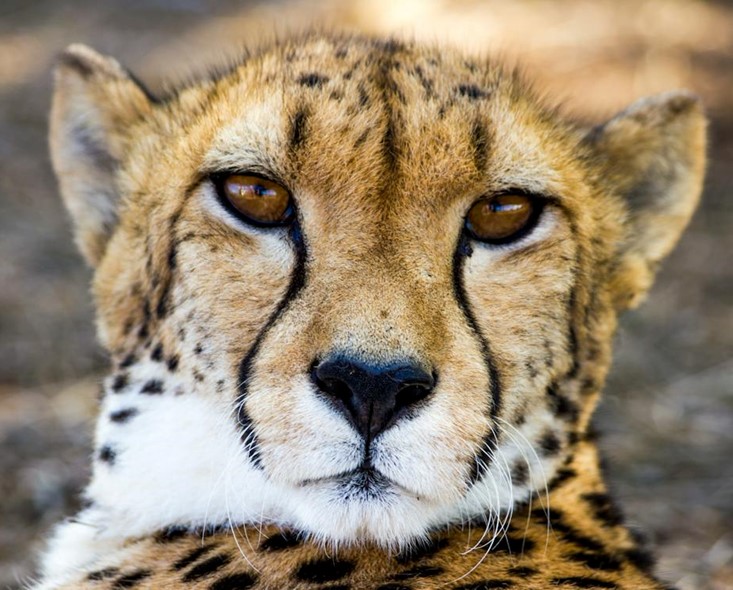
Zambia
Zambia can be considered the home of African plains game hunting trips due to its diverse antelope populations; and is world renowned for its epic plains game hunting safaris, including Cookson’s wildebeest, black lechwe, Kafue lechwe, bushbuck, and blue wildebeest, to mention but a few. But, if big game hunting is what you’re after, Zambia offers great dangerous game opportunities as well, including species such as the Cape Buffalo, Nile crocodile, lion, and hippo.
Hunting Game In Africa: Rules, Requirements, And Permits
It is worth remembering that each country that offers you the opportunity to hunt game in Africa will have its own set of requirements and regulations that need to be adhered to. These can always be discussed with your outfitter or organizer when planning your Africa hunting trip.
Some African countries require that your hunting license or permit be pre–arranged while others will only process it when you arrive in the country and if you’re planning on exporting your game hunting trophy, you’ll need to complete and secure another round of paperwork and permits.
Each country has its own guidelines regarding hunting trips in Africa and it is strongly advised that you speak with your organizer or outfitter when planning your hunting adventure to ensure you get the latest information on topics like permits, quotas, license procedures, and firearms concerns.
Travelling On Your Africa Hunting Trip
Most major airlines offer flights to the main airport of an African country. From here it is common to travel by charter flight to your game hunting destination. An Africa hunting trip can involve hours of travel, so be prepared.
Visas And Vaccines: Africa Hunting Trip Admin
Hunting trips in Africa require certain paperwork from foreign hunters. This includes visas, medical checks, and letters of invitation in some circumstances. Again, each country sets its regulations concerning the travel documents of hunters and tourists, and it’s advised to check with your embassy, or outfitter to verify these regulations as they can be changed at short notice.
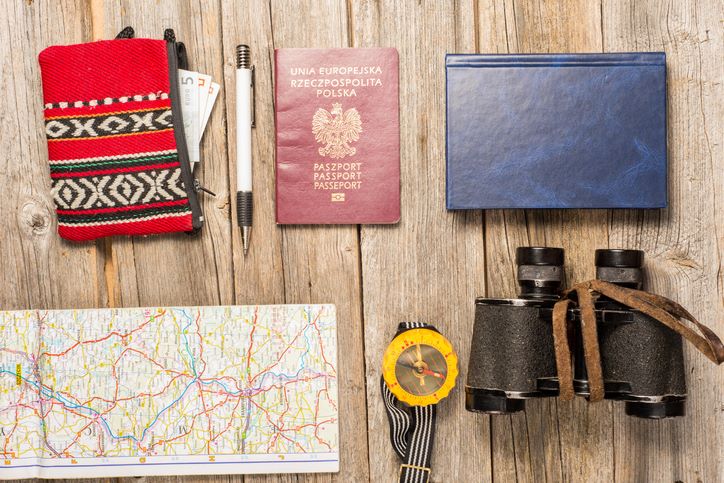
South Africa
- Passports must be valid for 30 days post-departure and must have 2 blank pages.
- No visa is required if visiting for less than 90 days.
- Yellow fever vaccines are recommended for those traveling from or to a Yellow Fever area.
Tanzania
- Passports must be valid for 6 months post departure and have 1 blank page minimum.
- Visas are required.
- Yellow Fever vaccine is standard; other recommended vaccines include measles, typhoid, and polio.
Zimbabwe
- Every foreign traveler requires a passport valid for 6 months from the date of departure as well as proof of exit for leaving the country.
- Visas are required.
- Yellow Fever vaccine is only needed if traveling from an affected area.
- Precautions against malaria are strongly advised.
Mozambique
- Passport valid for 6 months from date of departure with 2 blank pages for entry and exit stamps.
- Your visa must be applied for 60 days before your arrival, application can be done at the Mozambican Embassy in your country. Visas are only required if you’re going to be living with a Mozambican resident.
- Yellow Fever vaccine is required if you’ve visited an affected area.
Botswana
- A passport that will be valid for 6 months after departure with 3 or more unused pages.
- US, UK, Mexican, and Russian visitors do not require a visa.
Namibia
- A valid passport is required that will be valid for 6 months after leaving the country.
- No visas are required for travelers from the US, UK, and most European countries as well as Australia, New Zealand, and Canada.
- A valid return ticket or proof of exit is also required.
Zambia
- Passports must be valid and remain valid for 6 months post-departure.
- No visa is required for US travelers.
Bringing The Firepower To Your Hunting Trips In Africa
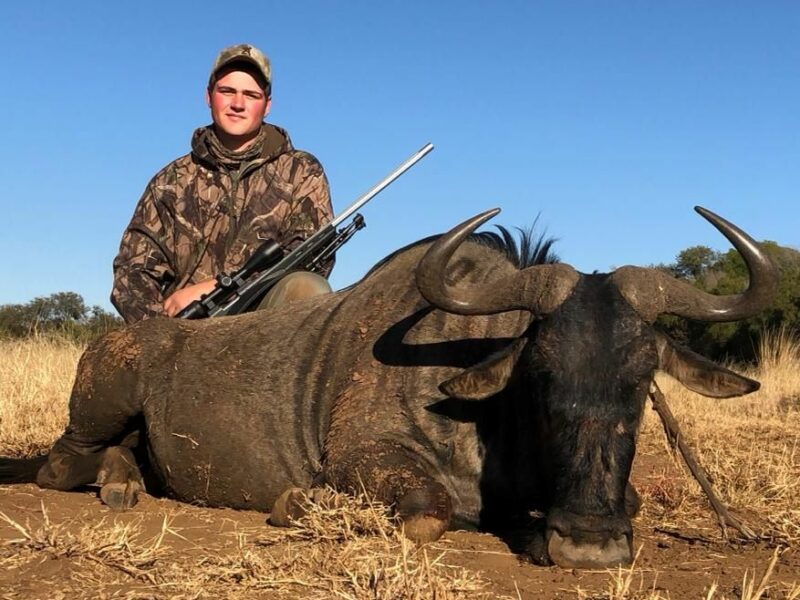
When hunting in Africa, you can choose to bring your “old faithful” along or hire weapons from your outfitter.
South Africa
- South Africa has quite a complicated firearms system when compared to other African countries.
- It is advised to have a private company or third party do the application for you, as dealing with customs while jetlagged is probably not a good idea.
- A maximum of 4 firearms and 200 rounds per firearm may be imported.
- No person under 21 may import a firearm into South Africa.
- When you arrive at OR Tambo airport, your firearms will be taken to the baggage hall for claim, from here your firearms will proceed to the Firearms Office while you proceed to Immigration. Once finished you’ll move to the SAPS Firearms Office to check paperwork and serial numbers.
- Here your Temporary Import Permit will be issued.
- You need to complete certain sections of the SAPS 520 form, but DO NOT pre–sign it (available online from most outfitters)
- Certified copies of your passport and proof of ownership must be submitted along with the form.
- If traveling from the US, South Africa will accept the US Customs Form 4457, an invoice from the store where the firearm was purchased, or an affidavit from your local sheriff’s office as proof of ownership.
- February 2024: An update on this is that the South African Police Services (SAPS) has issued a moratorium on all Temporary or Intransit movement to Lesotho, Swaziland, and Mozambique. In a nutshell, this means that the Central Firearms Registry at OR Tambo International, as well as any border post, will not issue Temporary Export or Intransit Licenses for either South African citizens or international clients traveling with firearms to any of the countries until further notice.
Tanzania
- Permits are usually handled by the outfitter as they need to be sorted out in advance.
- Three firearms and 200 rounds per weapon are allowed to be imported.
- Handguns and automatic firearms are prohibited.
- Once your firearm import permit is issued, your hunting permit will be processed
Zimbabwe
- Hunters are allowed to bring in 100 rounds of ammunition.
- Handguns are allowed, but semi–automatic, automatic, and military-grade guns are not allowed.
- Bow hunting is only allowed on private land and no crossbows, longbows, or recurves are permitted.
- .375 caliber or bigger is recommended.
- Hunters are required to complete the Certificate to Possess Firearms form for ALL weapons and ammunition in their possession. This form along with your Letter of Invitation must be presented at the customs office which will then issue your license.
Mozambique
- No more than 4 firearms per hunter
- Maximum of 100 rounds or 11 pounds of ammunition per firearm.
- No semi–automatic, automatic, or military-grade weapons are allowed.
- Handguns are allowed but need a special license.
- Your application and required documents must be submitted at least 8 weeks before your hunt, and you will need to secure your hunting permit before the firearms license will be issued.
- A Police License and Temporary Import Permit must also be obtained.
Botswana
- Three firearms are allowed per hunter; 2 rifles and 1 shotgun or 2 shotguns and 1 rifle.
- Rifles are required to be of different calibers.
- 50 rounds per firearm is the allowed ammunition and it must match the firearms.
- Semi–automatic, automatic, handguns, and military style firearms are prohibited.
- If you’re traveling through South Africa or overnighting in Johannesburg, you will need to comply with the South African Firearms Importation system as well.
Namibia
- Namibia’s firearms regulations aren’t as strict as other African hunting trip destinations.
- It is advised that you comply with two rifles per hunter and a maximum of 80 rounds per firearm.
- Semi–automatic, automatic, and handgun firearms are prohibited.
- No crossbows are allowed.
- You are required to fill in the relevant documents and email them to the authorities to receive your permit.
Zambia
- Three rifles are allowed per hunter.
- Zambia does not limit the amount of ammunition allowed, so follow airline guidelines.
- You must apply for your Firearms Permit in advance so that it will be available at customs when you arrive.
- This process requires the Temporary Firearm Permit Application form as well as certified copies of your proof of firearm ownership and passport.
Packing For Hunting Trips In Africa
Most lodges that will host hunters offer regular or even daily laundry services, so you don’t need to pack your entire wardrobe when planning an Africa hunting trip. Due to the harsh African sun (and many thorny bushes), it’s often advised to track and hunt in long pants, this will also provide a measure of protection against bites. Game hunting clothing in the form of shirts can be long or short-sleeved, while depending on the season and climate a warm or waterproof jacket may also be required. Comfortable and hard-wearing boots are a must as many an African hunting trip will involve miles of walking! Ensure that your socks are also comfortable and be sure to change them regularly as foot odor can attract certain bugs! Color-wise, most hunts involve savannah/grassland areas where lighter colors are preferable. Darker colors can be worn in more forest or swamp areas when the rains have brought vegetation to life.
Hunting trips in Africa can lend themselves to camouflage, but it’s best to stick with the traditional hunting camo.
Game hunting (just like any outdoor activity), runs the risk of small injuries, bumps, bruises, and other health upsets. To assist with this it’s advised that you pack a comprehensive first aid kit containing materials to help with bites or stings, minor burns, cuts and scrapes, stomach upsets, and dehydration. In a similar vein, be sure to pack your supply of chronic medication and wear any medic–alert bracelets or tags should you have a potential life–threatening allergy or medical condition.
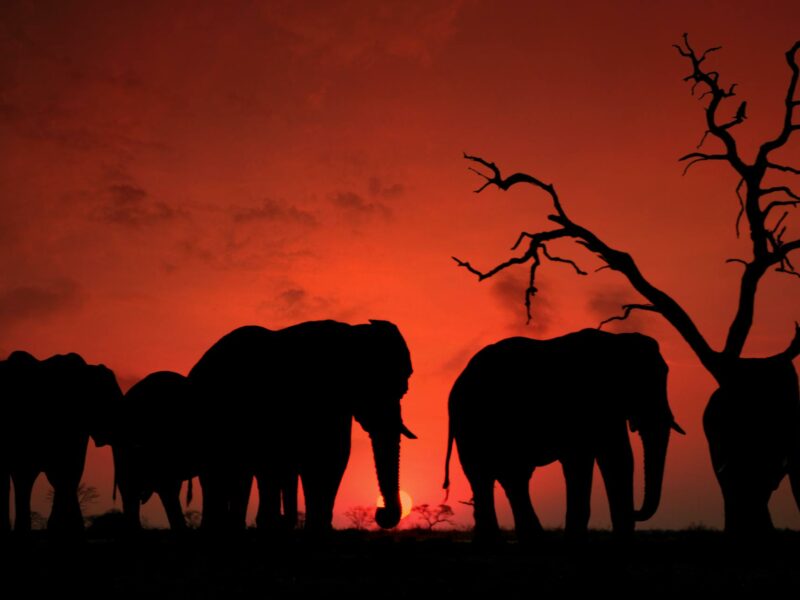
Why You Should Choose An Africa Hunting Trip
Africa is a continent of many countries, and each of them is as diverse as the next, this includes its people, landscape, and animals. Many also consider Africa as the “birthplace” of sport hunting dating back to the times of Theodore Roosevelt and his prolific hunting trips in Africa.
Today, thanks to the world–renowned conservation efforts, the diversity of African wildlife is still a hunter’s dream and whether you want to find the Big 5, plains game, or some of the exotic game found nowhere else on Earth, an Africa hunting trip will no doubt bring your dreams to life.
To find out more about the destinations and animals mentioned in this piece, use the links provided to navigate the land of Game Hunting Safaris, we look forward to helping you bring your ideas of hunting game in Africa to life.
Author: A. Baker
